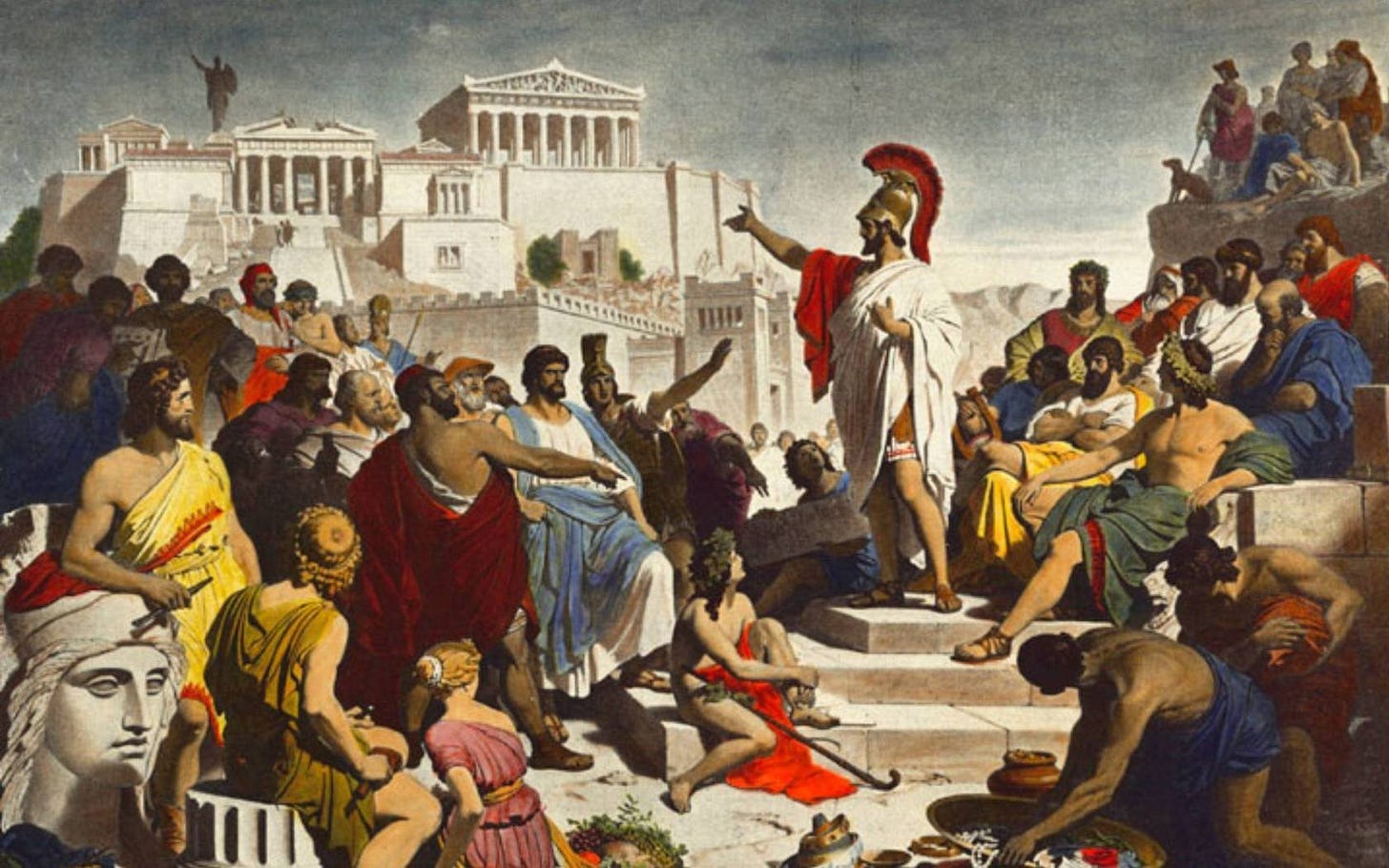Free Speech for Me, But Not for Thee
I have been writing a series of “pocket guides” for The Atlas Society—short pamphlets on aspects of Ayn Rand’s philosophy intended primarily for an audience of students and newbies.
The latest one is out now, the Pocket Guide to Free Speech, and I’d like to share a few interesting angles I came across while researching and writing it.
But first, I’ll mention the pamphlet I wrote before that, the Pocket Guide to Ayn Rand, an attempt to pack an overview of Ayn Rand’s life, her novels, her philosophy, and a little bit about the history of the Objectivist movement into 6,000 words. It is necessarily written from something of a 30,000-foot perspective, but that’s exactly what is needed for the intended audience of people who have newly discovered Rand.
And don’t forget my longer and more in-depth books: So Who Is John Galt, Anyway? A Reader’s Guide to Ayn Rand’s Atlas Shrugged and What Went Right? An Objectivist Theory of History. These are still available for delivery by Christmas and would make excellent gifts.
Speaking of which, you already know I have a Holiday Sale on, so I’ll give a quick series of buttons you can click to buy a subscription or give a gift.
You know what to do.
Parrhesia
There is a lot of interesting research material that I just couldn’t cram into a short guide to freedom of speech.
For example, one fascinating sideline is the Ancient Greek roots of freedom of speech. They did not have free speech in a modern form, but they did have a concept called “parrhesia,” which literally translated means “say everything.” It refers to the right and the obligation to speak one’s mind frankly in public deliberation.
But it’s much deeper and older than that.



